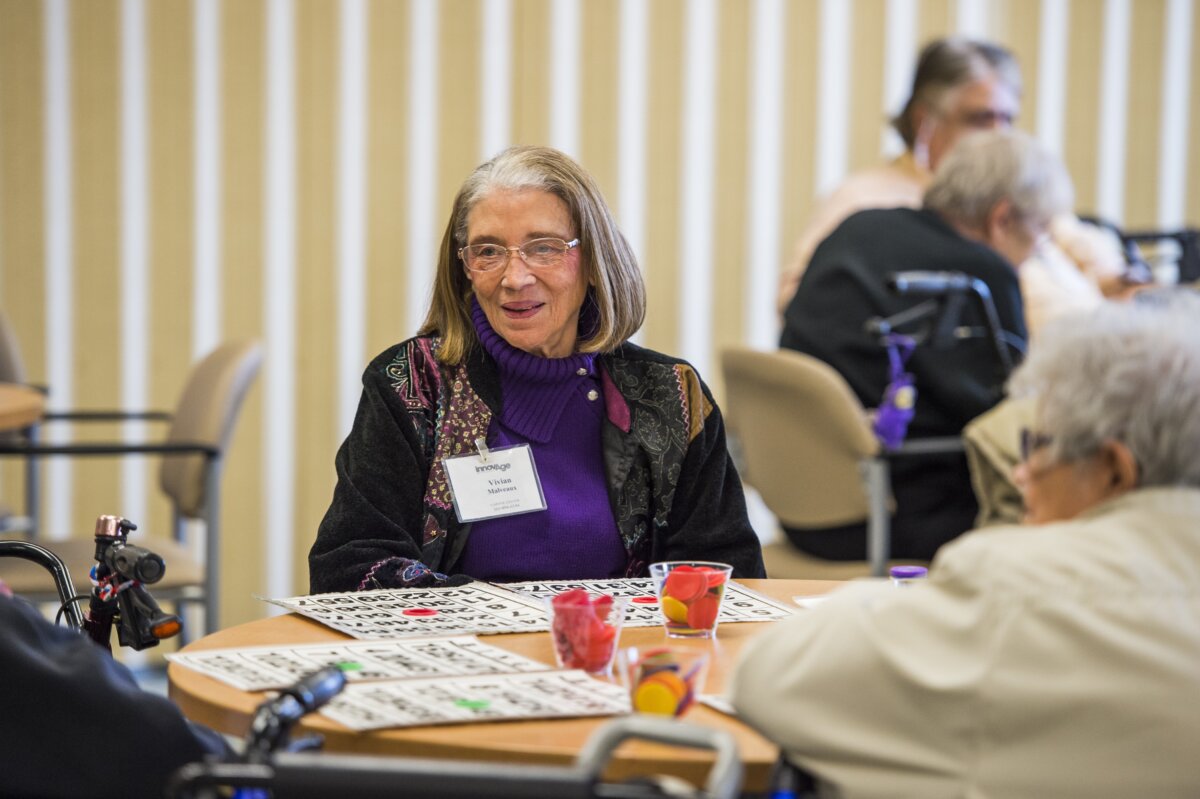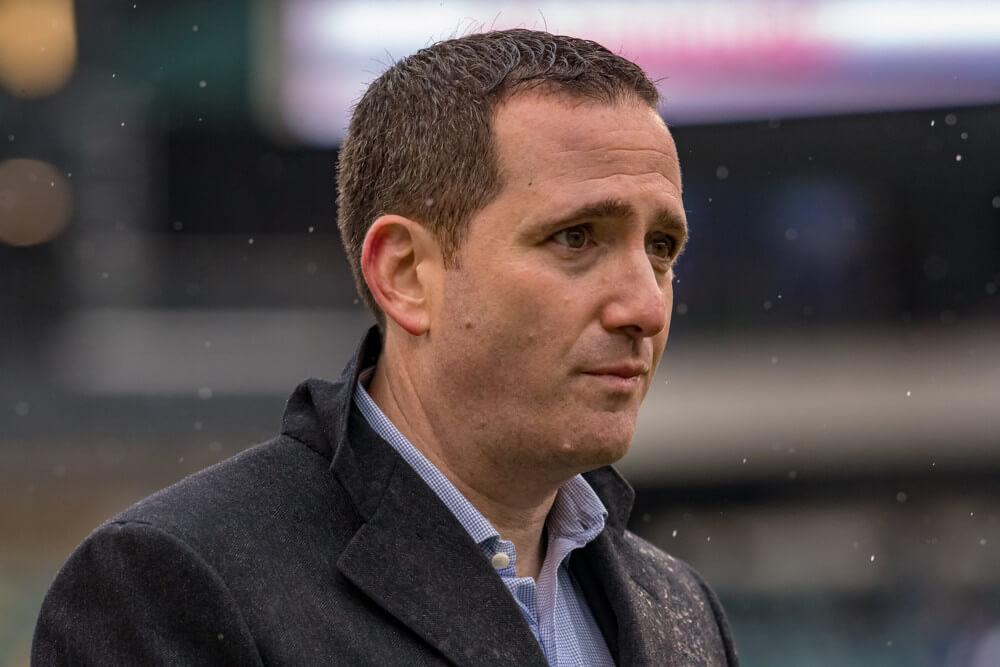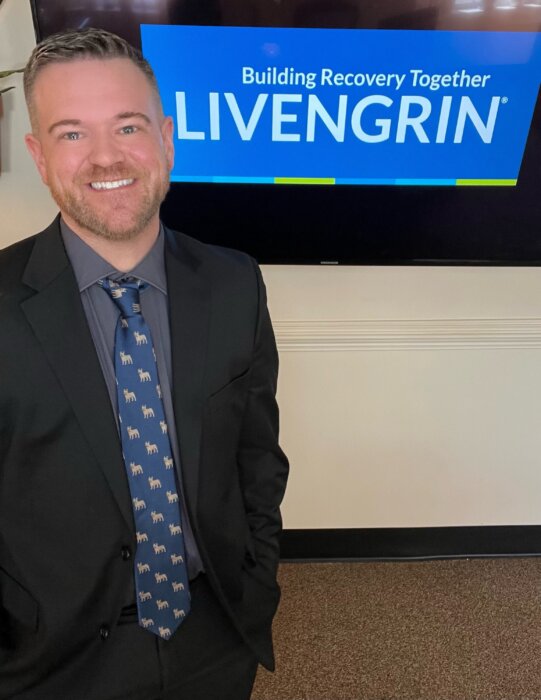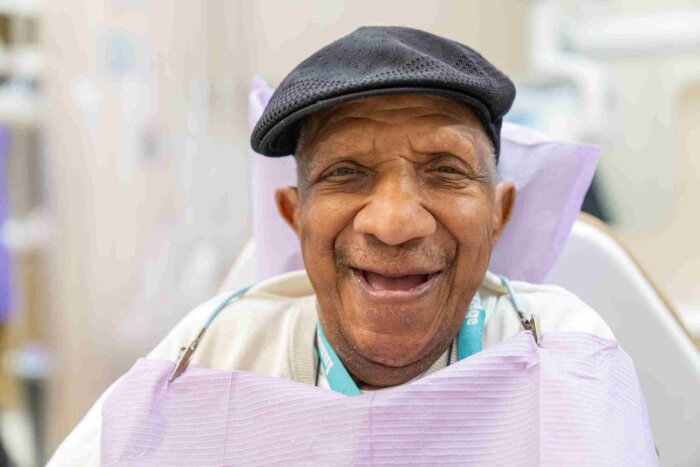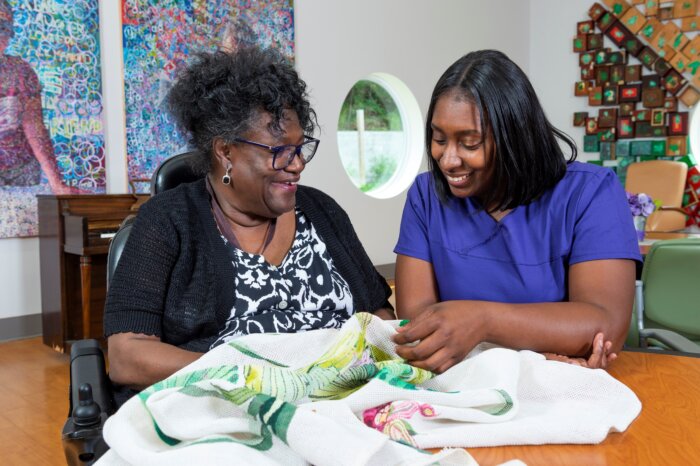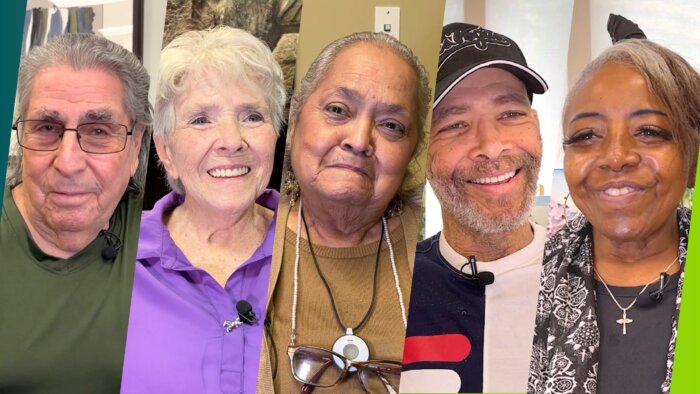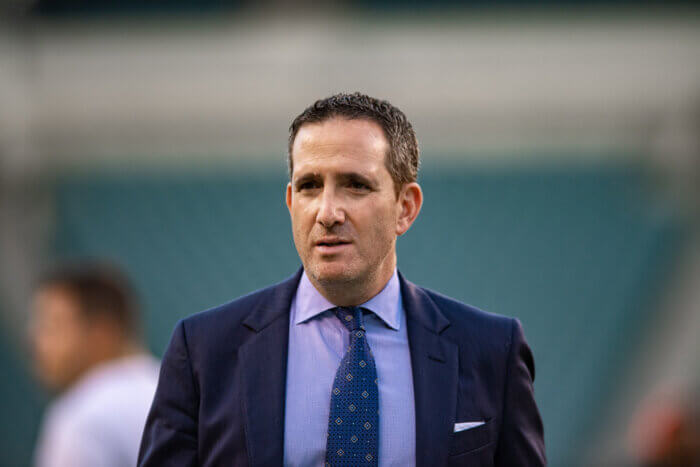One of the principal goals of InnovAge PACE LIFE (Living Independence for the Elderly) is to help its senior patient-participants – in their homes and as part of a community – with comprehensive health care needs and day-to-day well-being as the pinnacles of its program.
This helps ensure that seniors in the Philadelphia area, and throughout the program, who are experiencing or at risk of experiencing social isolation and loneliness, can be treated as well – beyond medication – to ensure their overall well-being.
Dr. Stephen Mack, the State Medical Director of Virginia and a seven-year veteran of InnovAge’s whole body approach to helping seniors, says that one of the biggest problems in dealing with depression is that it is too rarely discussed in the first place.
“As doctors, we spend so much time talking about blood pressure and heart issues that we don’t discuss mood and mental health enough,” said Mack. “As part of PACE InnovAge, however, that is something we do address and treat.”
Mack goes on to explain that depression and anxiety among seniors comes mostly with the social isolation connected with aging.
“These patients typically have less adaptive mechanisms, increasingly fewer friends and family near them – maybe their children have moved away or they lost a spouse or loved one,” he said. “They’re dealing with changing physical health issues and levels of independence, along with losing their support systems.”
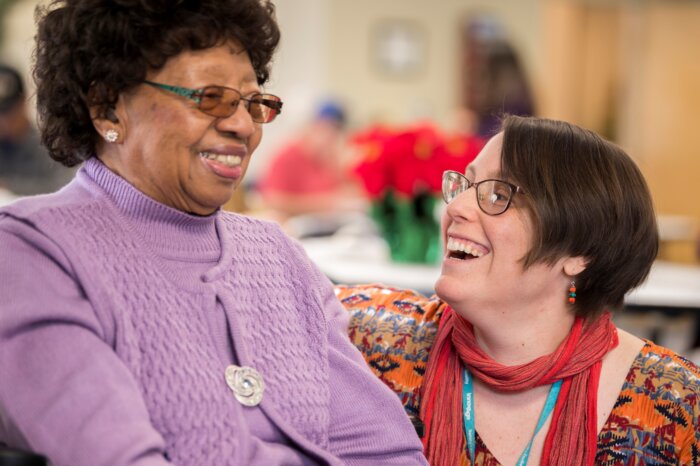
This can breed depression which, in turn, complicates treatment, increases doctor and hospital visits, and forces issues such as greater medication and higher outpatient charges.
Mack said that depression, anxiety, social isolation, and issues of behavioral health are highly treatable, and without unnecessary medication.
“It’s often about recognizing the problem, and increasing socialization and emotional support to our patients,” said Mack. “What it is not, is always starting with offering new prescriptions from the pharmacy.”
Speaking from the perspective of InnovAge’s goal of keeping elders in their homes, and independent, while offering the socialization of community engagement at its regional centers, Mack said that familiarity is key to mental health.
“People are generally happiest when they can stay in the same place they’ve been for a long period of time, and not move to a higher level of outside care,” he said. “Keeping them in a familiar setting is best. And doing that in a way where they can socialize with other people and have increased exposure to other adults – perhaps with people going through the same issues they’re going through – that’s what PACE InnovAge does well — offer patients the best of both worlds.”
Mack spoke of InnovAge’s integrated behavioral health model where specialists and councilors look at this “common geriatric condition” of depression with deep knowledge and empathy.
“Our staff is keyed into the signs and symptoms of elders struggling with mental health,” he said. “Recognizing this problem, working and planning together as a team, talking with the aids coming out to the home… InnovAge finds the best way to help you.”
Mack offered greater emphasis to the fact that InnovAge’s care is individual care, nothing cookie cutter, in dealing with issues of depression and anxiety.
“The InnovAge program is really customized. Once a behavioral health issue is recognized as a problem, we’ll have and keep having a discussion with the participant as to what their needs are, how those needs change and what options InnovAge has to help with that, be it additional home care, being seen more frequently in our clinic or spending more time at our centers. There are many tools at InnovAge’s disposal to aid in our participants highest level of behavioral health, and it all differs from person-to-person and what they’re interested in.”
Working with InnovAge participants in gaining and maintaining mental health and well-being often comes down to one simple thing: “It’s about meeting the patient where they are,” Mack said. “Working with who they are, what their interests are, and how interested they are in changing their behavior — the majority of mental health diagnoses and concerns are common in the elderly and most are treatable without medication. Often, the most effective treatments, those without side-effects, is socialization and talk therapy. You don’t have to visit a pharmacy for that.”
Sponsored content produced in partnership with InnovAge



